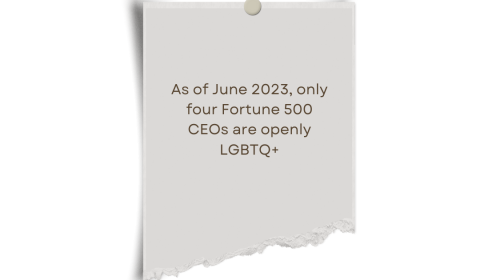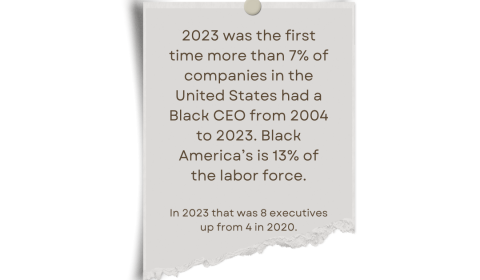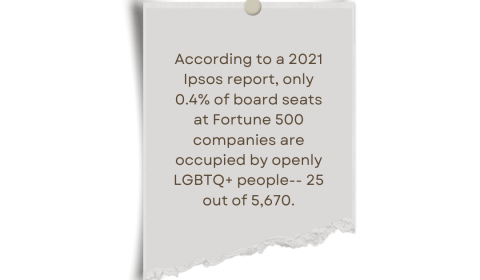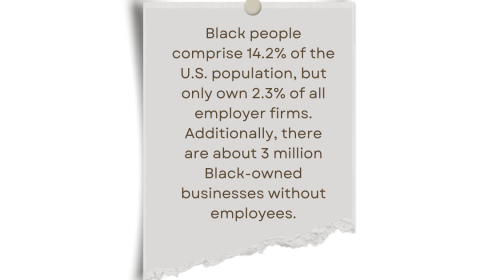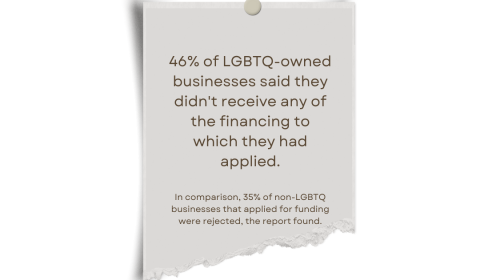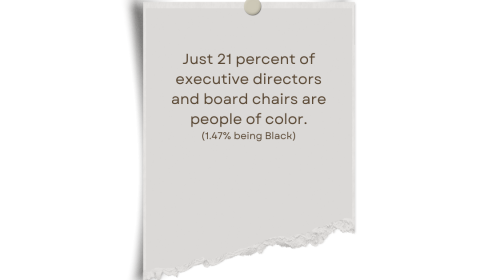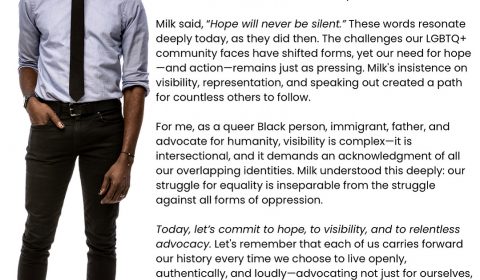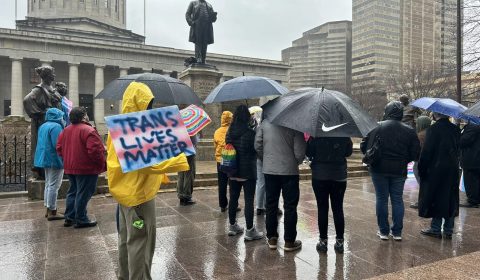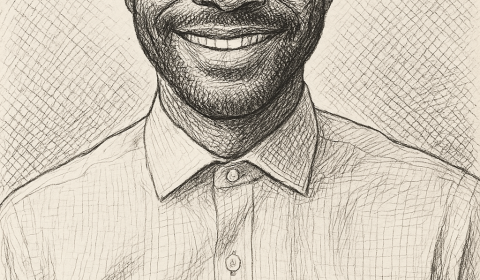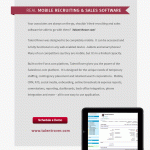As January nears an end I find myself a bit weary, a bit refreshed, a bit anxious, and with an unlimited sense of determination.
As I write, the ACLU is tracking 318 anti-LGBTQ bills in the U.S., Black men are disproportionately represented among those killed by police in the U.S. compared to their percentage of the overall population, and a “mourning after” like the one in November 2016 post the presidential election may happen again.
I am, reminded of the relentless struggle for justice, equality, and liberation that marks our times, a struggle that is deeply personal to me as a Black, queer person leading organizations like Stonewall Columbus and the Pride Fund 1. Each day, I navigate a world that often feels like it’s designed to silence voices like mine. Yet, it is in this navigation that I find my strength and resolve to speak louder—not for myself, but for others who may be similarly challenged or desire whatever their self-definition of success may be.
Existing in both the queer (to be inclusive of identities) and BIPOC (to acknowledge an inexplicable interconnectedness) communities, I carry a dual burden – a burden that is as exhausting as it is empowering. It’s an identity that comes with the unspoken expectation of perfection, a pressure to always be more, do more. In rooms where I am often the only person of color or the only LGBTQ+ individual, I feel the weight of every action, every decision. It’s a constant balancing act—one where the fear of confirming stereotypes battles with the desire to break down barriers and the responsibility to show up as my most authentic self.
The underrepresentation of Black individuals and LGBTQ+ people in positions of economic influence and power speaks volumes to the barriers that still exist. It highlights a systemic issue that extends beyond individual effort—a structural imbalance that stifles diversity and true progress at the highest echelons of leadership. But for those who do not exist in these spaces it cannot be taken into consideration the weight of the work and the unagreed to expectations of the roles of representation.
Why do I find myself with an unlimited sense of determination?
It lies in the very essence of our singular and intersectional communities—the richness of our stories, the resilience of our communities, and the unwavering belief in our right to equity, justice, and liberation. Our path is paved with the actions we take every day, with every conversation that opens minds, every policy that we influence, every support we mobilize, every time we show up in our identities—authentically.
Progress is not always quantifiable by statistics or represented in the immediate outcomes of our efforts. Instead, it’s in the day-to-day victories, the minds we open, and the hearts we touch that we find the true measure of our impact. I know that my work will be measured not only by the CEOs who break glass ceilings or by the increase in intersectional identities business ownership but also by the voices that rise in unison to speak of and demand change. I hope progress and my work is measured by the hands that come together to lift one another up, by the allies who transition into accomplices, by the spaces that are created, by the communities that refuse to be silenced—by those who continue to show up.
In a society where inequality and injustice still thrive, silence is a luxury only few can afford—I am not among that few. Speaking out against injustice isn’t just a choice; it’s a necessity—it’s a requirement of my current intersectional identities. Whether it’s in board meetings, community gatherings, or through the work of Pride Fund and Stonewall, raising my voice is an act of defiance—a refusal to let prejudice, discrimination, and hate have the last word.
This year, as in all years to come, I pledge to continue this work. To leverage my positions of leadership not just to occupy spaces of influence but to transform them and the communities we aim to empower. To ensure that my tenure as CEO and Executive Director transcends the titles and becomes a lasting legacy of empowerment for those who will follow—in the roles and in life. To use my voice, my platform, and my privilege to challenge the status quo and to uphold the rights and dignity of every individual, especially those who have been historically marginalized. To continue showing up and fighting for joy—mine and yours
As I commit these thoughts to words, I do so with the knowledge that they are more than reflections; they are a manifesto of accountability and affirmations of a vision. A vision that embraces our individual humanity and that finds joy in our diversity.

